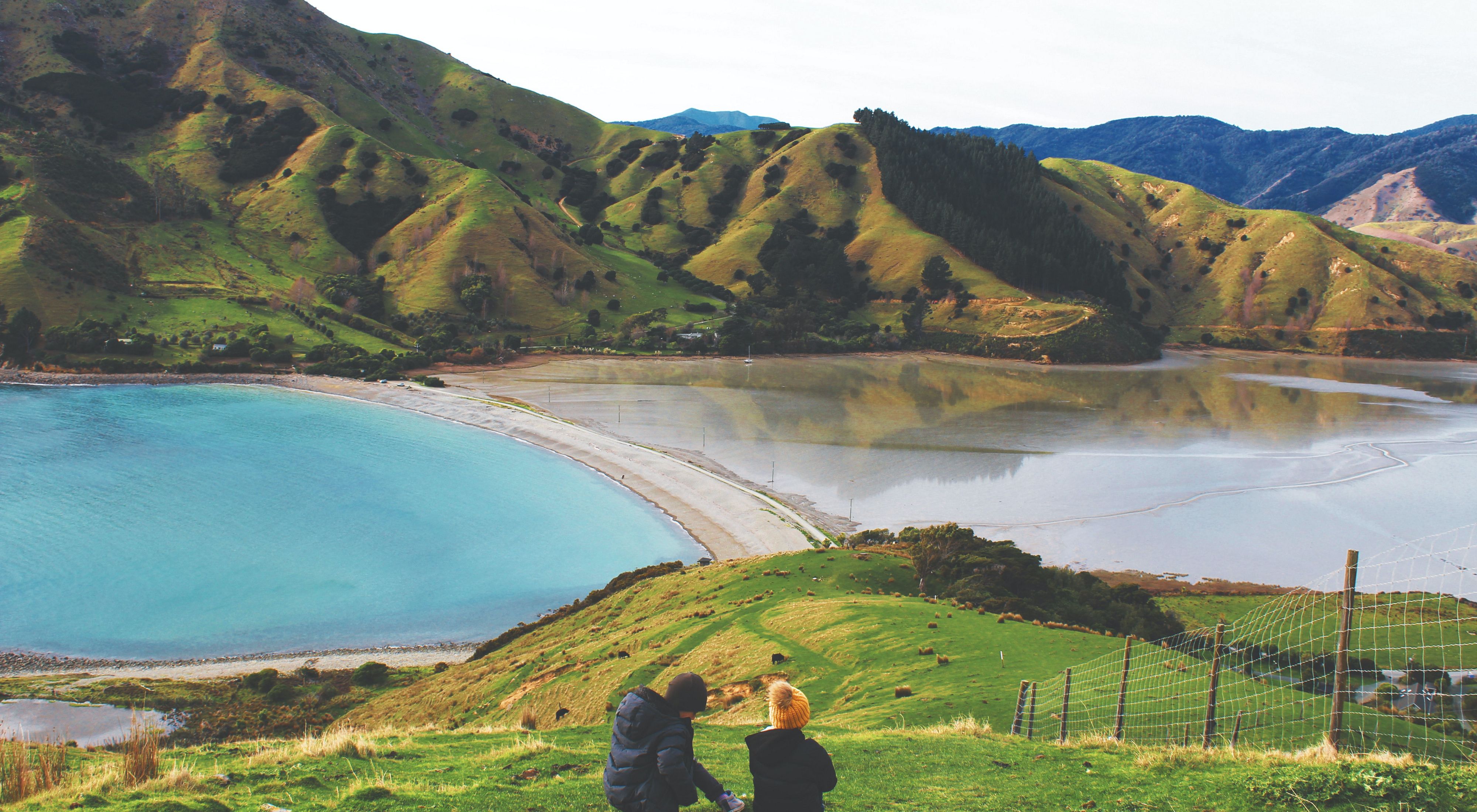Building Capacity and Capability Across the Conservation Sector
Through Conservation Leaders, we are supporting conservation projects to achieve greater social and environmental impacts.
May 2024 Conservation Leaders Training
Registrations are now closed and the course is underway. Thanks to everyone for your interest.
The Nature Conservancy (TNC) is building the capacity and capability of Aotearoa New Zealand’s conservation and natural resource management leaders to build a future where both people and nature thrive. Through our Conservation Leaders training programme, participants can learn how to apply the Conservation Standards and, at a later stage, become qualified Conservation Coaches to share their skills with other conservation leaders across the country to drive greater social and environmental impacts at scale.
Background
Around the world, the conservation community is tackling large, complex and urgent environmental challenges with high stakes. In many places, people running the world’s most critical conservation and sustainable development projects rely on their own skills and resources. However, without more rigorous measurement of their effectiveness, we cannot show that we are achieving the results we seek.
Aotearoa New Zealand has a proud history of conservation achievements, including bringing several species back from the brink of extinction. The country is full of passionate individuals and dedicated community groups keen to make a difference, often within their immediate natural environment. To accelerate this impact, TNC is working with individuals and organizations to give them additional skills and expertise to work on large-scale and complex conservation initiatives.
Quote: Abbie Reynolds
New Zealand has a lot to fight for, with so many unique species and habitats under threat. The training program is designed to support community-led projects with the right tools to achieve multiple enduring outcomes.

Conservation Leaders
Conservation Leaders is a project to develop Conservation Action Planning (CAP) capability in Aotearoa New Zealand and help address the current capability gap in strategy and planning. We aim to train conservation leaders across the country in the use of Conservation Standards (CS), also known as the Conservation by Design (CbD) and Healthy Country Planning (HCP) approach, as well as support them to become qualified Conservation Coaches.
Training courses were held in November 2022 and May 2024 with expert coaches, Stuart Cowell and Philippa Walsh.
This training is designed to equip participants from conservation groups and leaders with the tools to deliver landscape-scale projects that achieve impacts at a level that benefits whole ecosystems and empowers others to lead similar projects. Almost 100 participants from various organizations around the country have attended the training, mostly from iwi-led and community projects.
Participant Stories
Otago Regional Council
The Otago Regional Council says Conservation Standards have proved a valuable aid in developing Catchment Action Plans (CAPs) to manage natural resources within broad catchments.
Kawatiri Nature Environment & Communities Trust
Learning about how to plan restoration projects through Conservation by Design has given the Kawatiri Nature Environment & Communities Trust confidence they are on the right path.
Kotahitanga mō te Taiao Alliance
Kotahitanga mō te Taiao Alliance has already put this training into practice for their Restoration by Design process, enabling them to develop their recent implementation plan.
Quote: 2022 Training Participant
Thank you very much for your time, patience, support and knowledge. I have a renewed passion in my work and a pathway to improve our outcomes and protect and enhance our targets.

Introductory Webinar
Programme manager Hao Jin Tan hosted an introductory webinar in December 2023 attended by 64 participants. This video contains the key presentations from the session.
Download the presentations:
- Philippa Walsh—The open standards for the practice of conservation
- Stuart Cowell—Target Viability (Health)
- Download the self-assessment tool
The Conservation Standards Approach
The CS approach has been widely used around the world and has adapted well to the needs of working with Indigenous peoples on conservation projects.
“Our conservation leaders and planners have so many balls to juggle—this approach helps us to identify the critical issues and actions and to work out what will have the biggest impact, what’s the furthest we can go with minimal resources,” says Stuart Cowell, director of conservation management. “It allows us to break apart the big challenges, like climate change or habitat loss, and relate the moving parts back to our values—then develop system responses and keep evaluating and testing them to keep improving."
“We can incorporate Indigenous views and voices into the model and facilitate the establishment of new standards that reflect their perspective. The Conservation Standards offer a meeting point for western and Indigenous thinking, leading to more holistic outcomes."
In addition, CS provides an effective decision-making tool that can bring clarity and lift program managers out of a perpetual planning vortex: “It recognizes the complexity and enables you to make the best decisions you can with the information you have, while acknowledging the ambiguity of the challenges the sector is facing."
Having a common approach across the globe will help conservation projects learn from each other and lift standards internationally. “Most industries have standards that are shared between organizations—this is no different."
TNC is facilitating CS training in Aotearoa New Zealand to support the many community groups and organizations taking on conservation projects around the country.
“Conservation Standards' strength is in its flexibility, with feedback loops and regular monitoring and adjusting to keep improving the outcomes. It strengthens communities through its collaborative approach and focuses on social and economic outcomes as well as environmental, which is the only way we can really approach the complex challenges we face," said Stuart.
Quote: 2022 Training Participant
Very experienced coaches with lots of practical experience in delivering Conservation Standards. Great resources and knowing we have support available.
